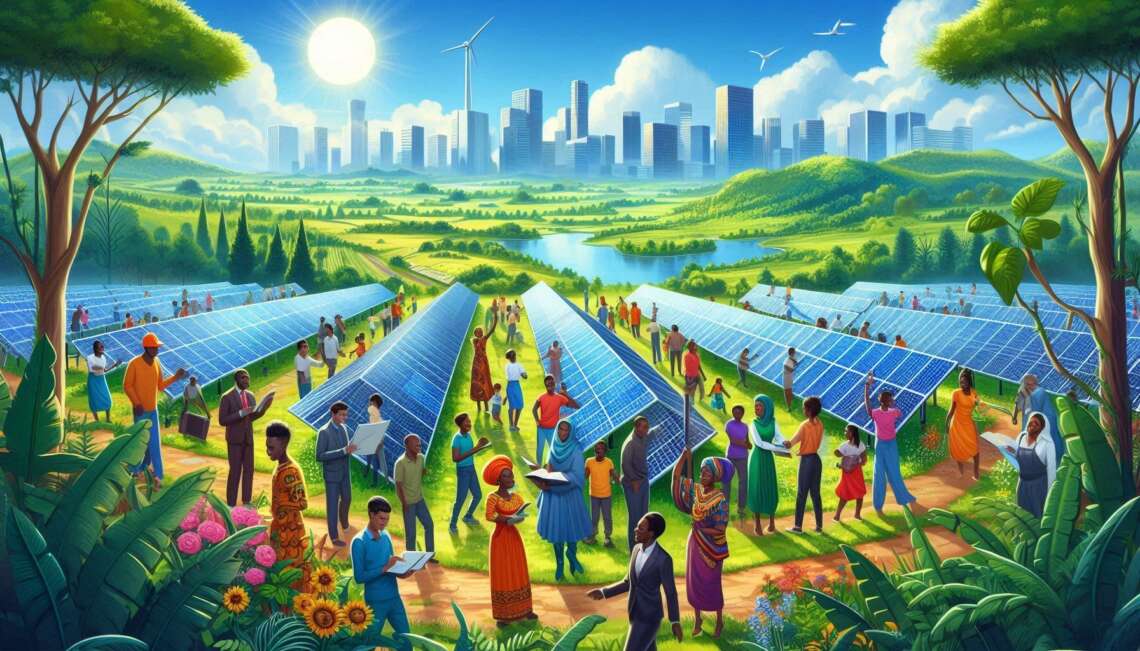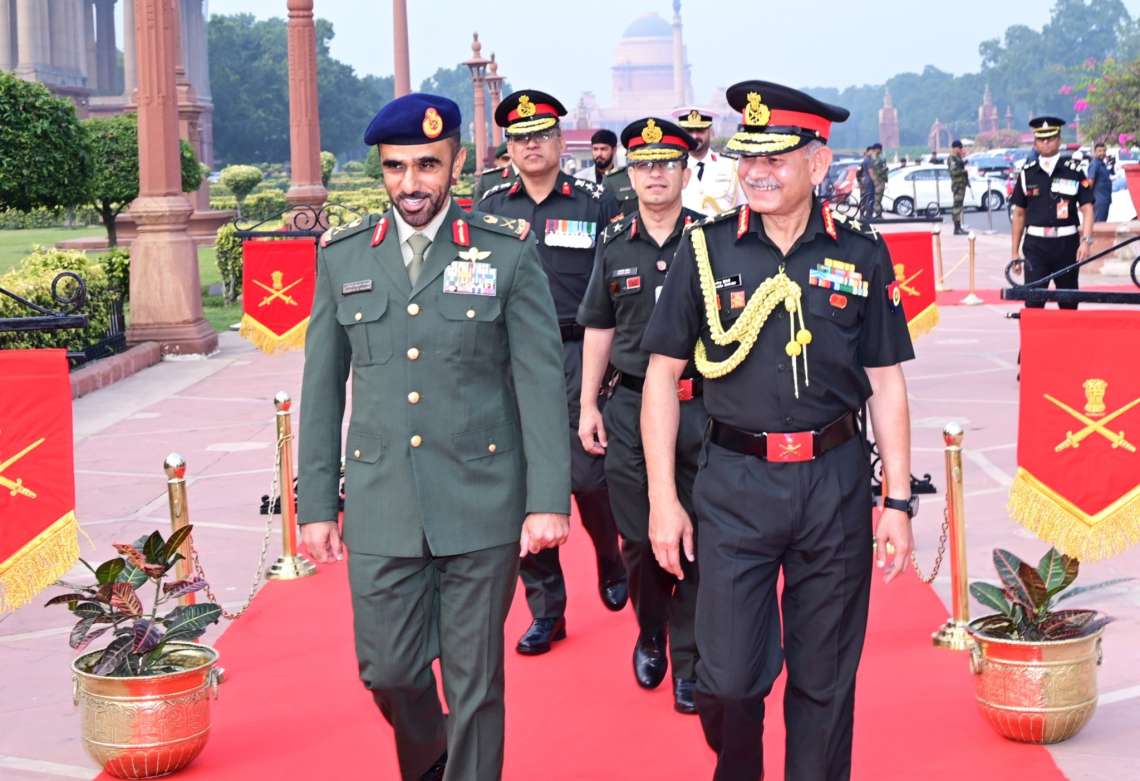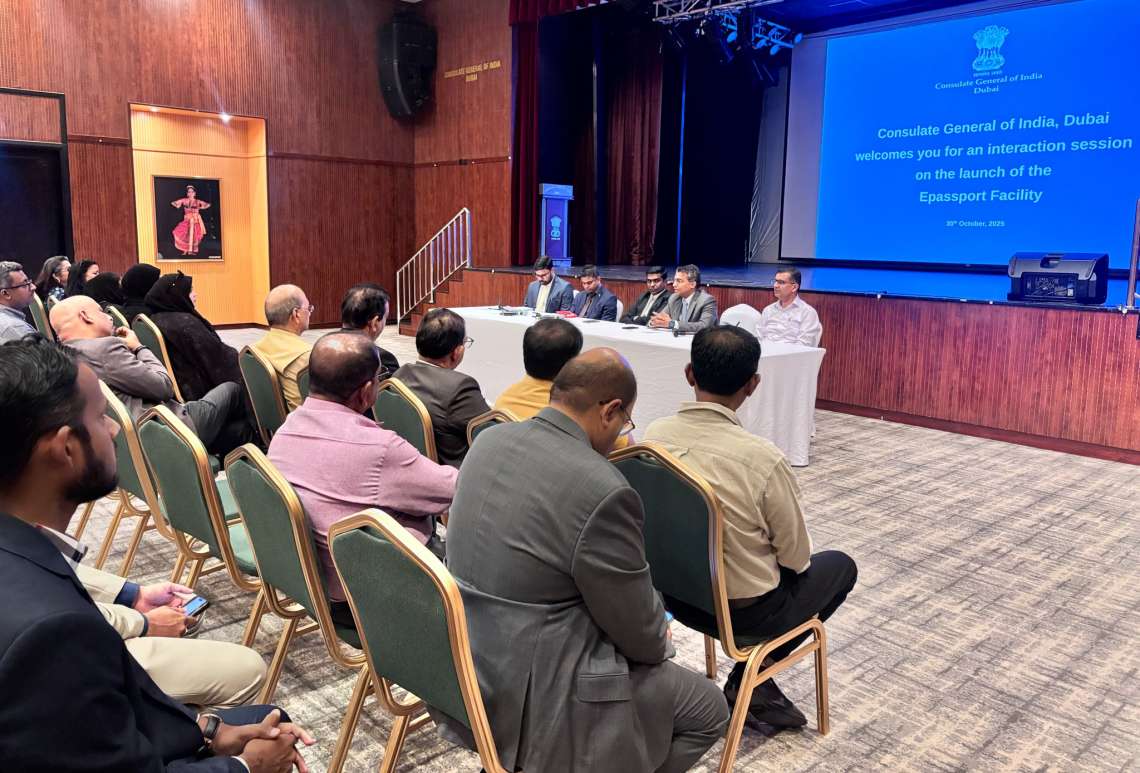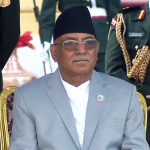Despite global transformation trends, Africa is often seen as stuck in the past, with fewer growth opportunities compared to Southeast Asia or the Gulf…writes Ishan Jasuja
Partnerships are shifting, value chains reshuffling, and energy systems transforming, demanding innovation in key industries such as minerals, digital tech, and finance. While cutting- edge transformation may be the trend of our time, Africa has suffered from a perception problem. It is often misperceived as a continent stuck in the past, with limited growth opportunities, in contrast to the innovative Southeast Asian or Gulf countries.
This pessimistic outlook, however, fails to notice one of Africa’s key strengths: its scale. The United Nations projects that the continent’s population will reach close to 2.5 billion by 2050, making it a vast consumer and labor market. The key to unlocking Africa’s future is to turn this scale into geopolitical leverage.
Fundamental challenges remain on this front. Intra-African trade, for instance, accounted for merely 15% of total African trade in 2023, preventing African nations from leveraging the combined size of their markets. Further, more than 600 million people on the continent do not have access to electricity, while close to a billion lack access to clean cooking fuels. Africa remains significantly reliant on foreign aid, development assistance, and credit, leaving nations with unsustainable debt burdens.
The continent, therefore, finds itself facing a paradox, where despite possessing rich natural resources and vast human capital, its geopolitical and economic leverage is constrained. This urgency anchors the African Economic Summit 2025 in Harare on 4–5 November, themed “Unlocking Africa’s Geoeconomic Power: Trade, Technology & Transformation.” The forum will bring together policymakers, business leaders, and innovators to test practical ideas on trade integration, digitalization, and resilient industrialization. Africa’s current position need not be its perpetual reality. It can convert its potential into effective bargaining power using three practical levers: trade, technology, and transformation.
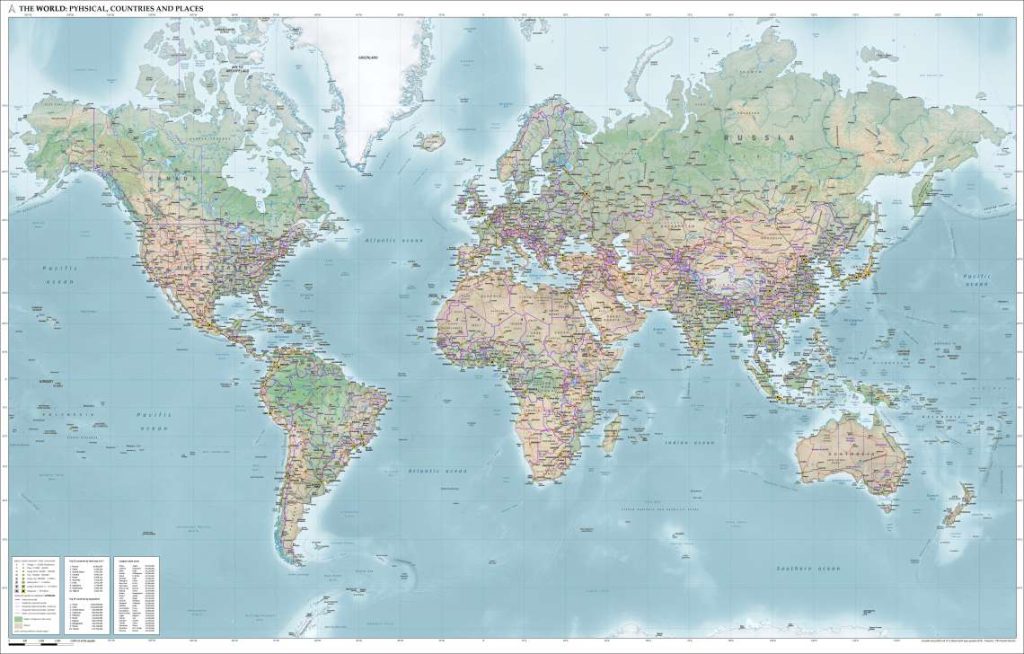
Trade: Converting Bottlenecks into Corridors
The African Continental Free Trade Area (AfCFTA) provides a platform to boost intra-African trade by eliminating tariffs on most goods and services produced by its 54 parties. The largest free trade area by number of members and geographic size, the AfCFTA boasts a combined GDP of US$3 trillion. It has the potential to lift 30 million people out of extreme poverty and increase Africa’s exports by US$560 billion. However, crucial details of the free trade agreement are still under negotiation, such as the rules of origin. The rules of origin are criteria used to determine the national source of a product, enabling governments to include them in preferential trade policies. Beyond reducing tariffs, however, the AfCFTA must push for infrastructure reform to boost trade between member states. Transit delays, for example, can be reduced by streamlining and digitalizing customs procedures. A WTO study found that a one-day reduction in inland travel times leads to a 7% increase in exports. Thus, creating trade-friendly infrastructure would be critical in boosting growth within the AfCFTA.

Technology: Leveraging Digital Public Infrastructure
Digital public infrastructure (DPI) is the backbone of today’s fast-growing economies. It streamlines governance and promotes ease of doing business through verifiable IDs, digital payments, and secure data exchange. MSMEs benefit the most from DPI due to reduced operating costs and added efficiency in compliance. Digital payments through mobile money have steadily expanded on the continent over the past few years, with sub-Saharan Africa alone accounting for over 1.1 billion registered accounts. Existing technologies can be adopted to promote B2B digital payments, particularly between MSMEs in the AfCFTA. Governments must align national laws with pro-innovation regional frameworks to lower compliance costs and boost investor confidence. Increasing ease of doing business through DPI will provide a launchpad for home-grown start-ups in various industries, such as telecommunications and green energy, reducing Africa’s reliance on imports of expensive finished goods that provide little value addition to local economies.
Transformation: Reducing Trade Deficits and Debt Burdens
The resource curse is at the heart of Africa’s economic challenges. The continent has historically exported low-value-added raw materials, including agricultural products, and more recently, critical minerals such as copper. This has made it vulnerable to price volatility in commodity markets while exposing it to governance challenges such as corruption and rent-seeking. An over reliance on raw material exports has prevented the growth of other industries, forcing African countries to import finished goods, subjecting them to negative trade balances.

Mining operations are predominantly led by multinational corporations employing locals in low- paying jobs, leading to limited upskilling. Hence, even the world’s most resource-endowed countries, such as the Democratic People’s Republic of the Congo, find themselves in a self-perpetuating negative cycle despite producing roughly 70% of the world’s cobalt. Corruption and rent-seeking precipitate inherently unstable political climates, making African nations further reliant on foreign credit or aid. China and the United States are the largest creditors to many countries on the continent, with Africa’s share of external debt as a percentage of GDP rising from approximately 19% in 2010 to nearly 29% in 2022. A practical target would be to onshore mining operations to boost domestic value addition and take corporate social responsibility regulations seriously. Upskilling the local population can help Africa climb value chains, increasing the share of manufactured goods in its exports. Every step towards becoming more self-reliant will be a step towards bolstering African strategic autonomy.
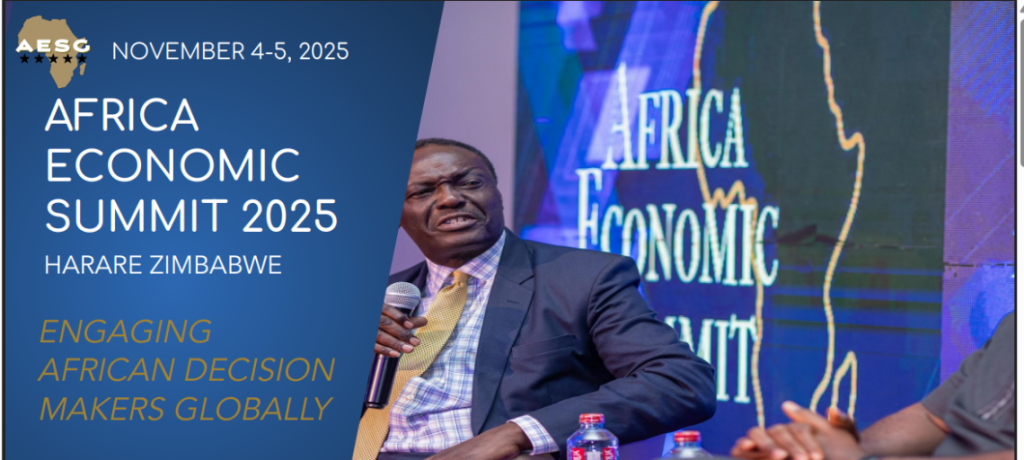
From Theory to Execution
Africa does not need to be told what it lacks. Instead, it needs to focus on what it can build. Geoeconomic power must be deliberately constructed through data centers, factories, and negotiations, rather than be declared on paper. Many of these ideas will be deliberated when business and policy leaders meet in Harare on 4–5 November at the Africa Economic Summit 2025. The goal is not another declaration. It is to translate high-level conversations into real-world business corridors, platforms, and factories. With disciplined execution and unapologetic pragmatism, the next 24 months can shift Africa from price-taker to price-maker.


